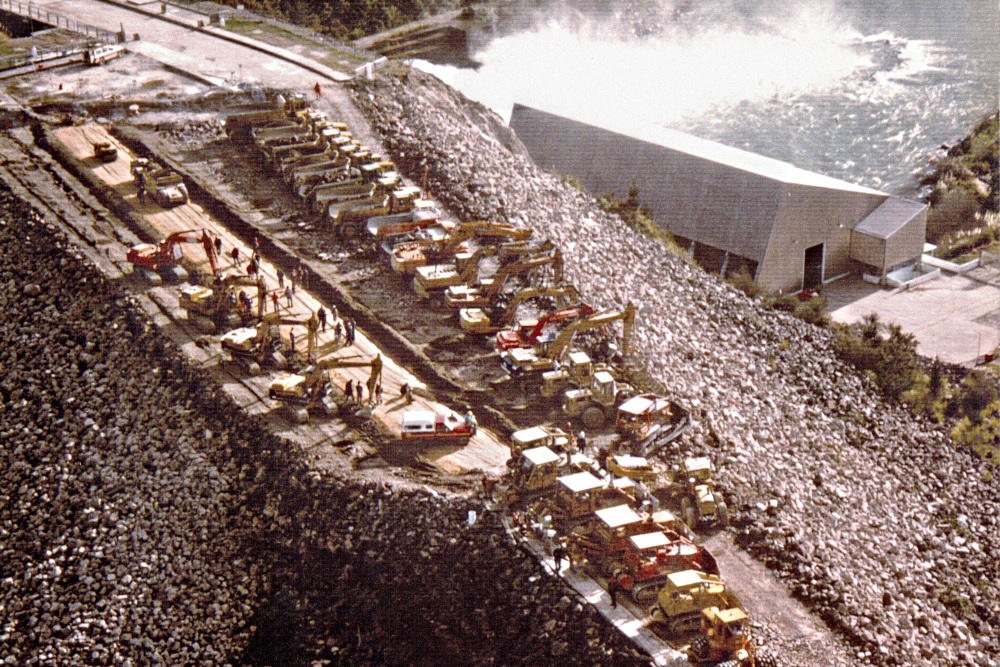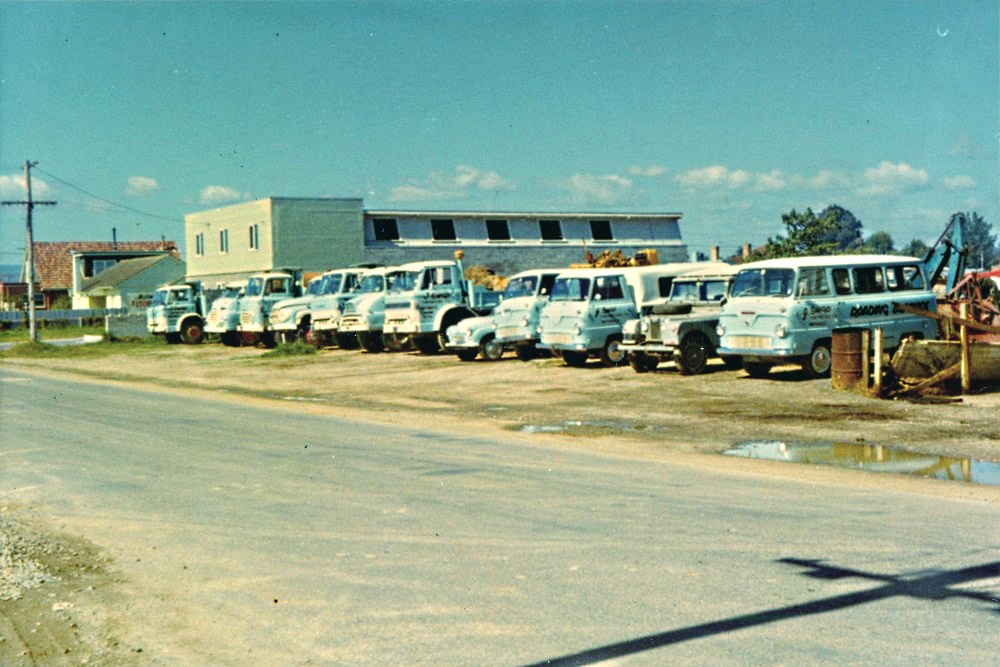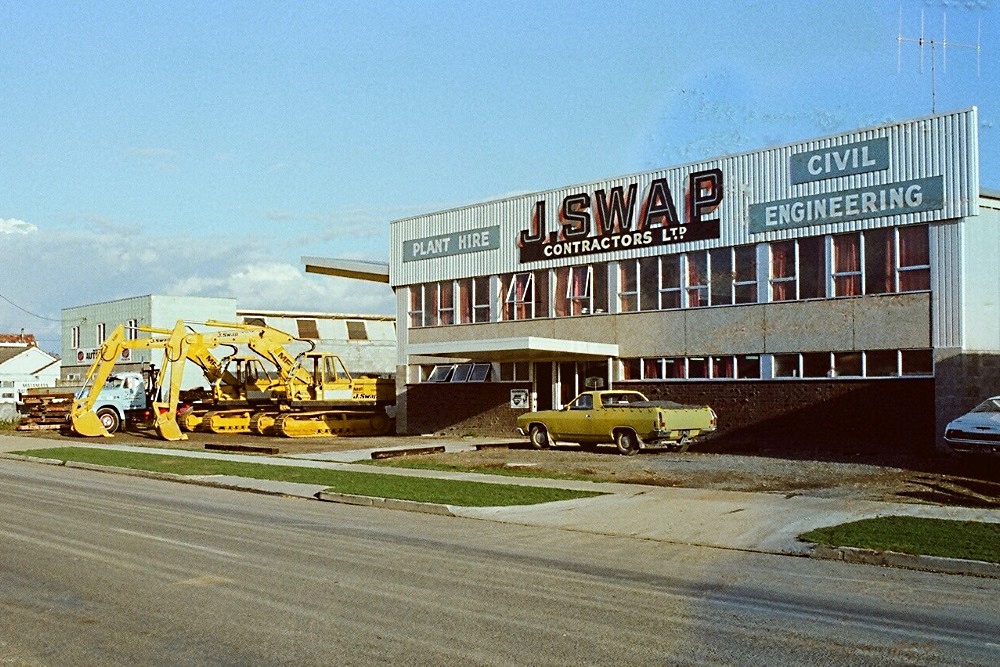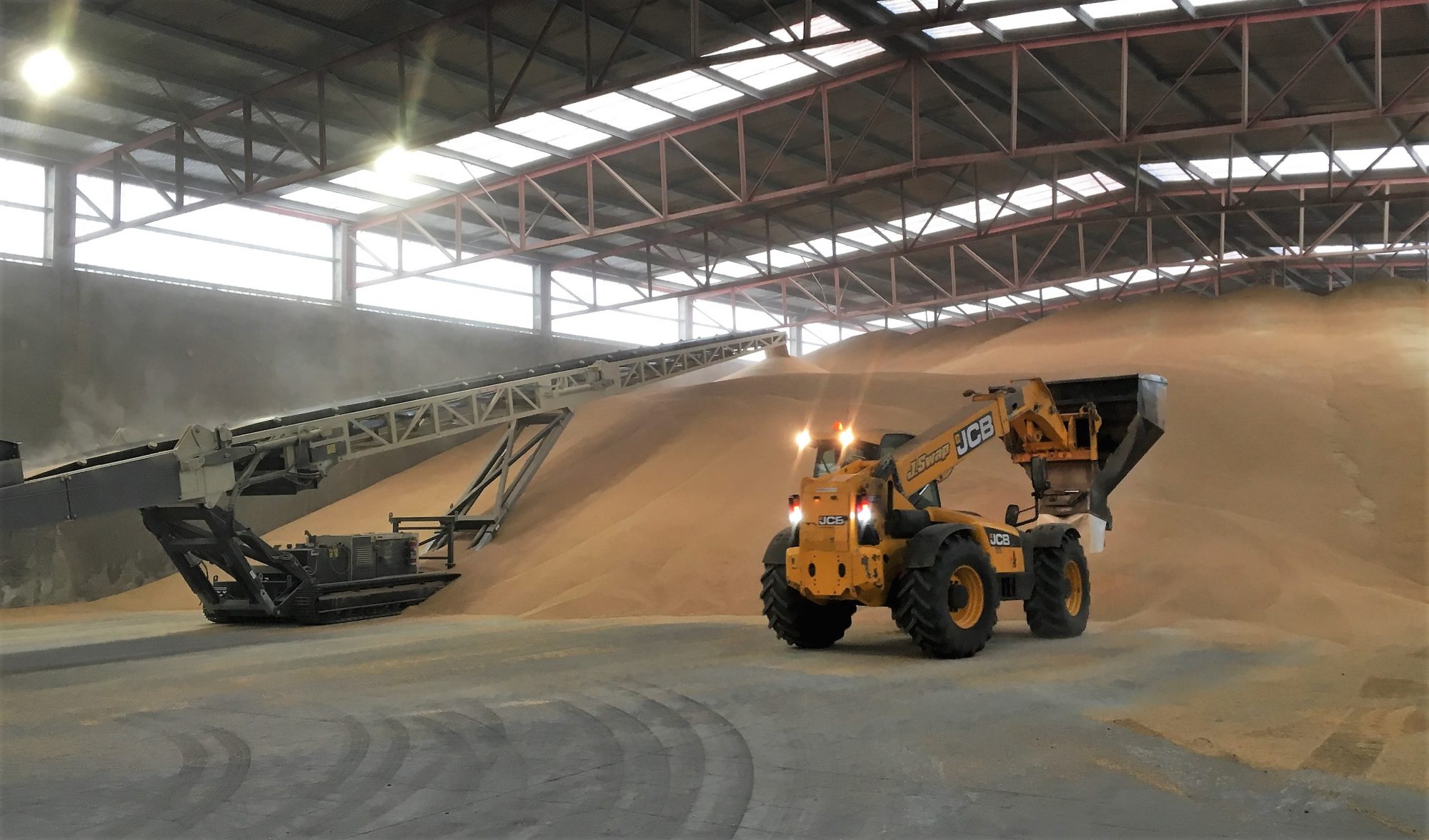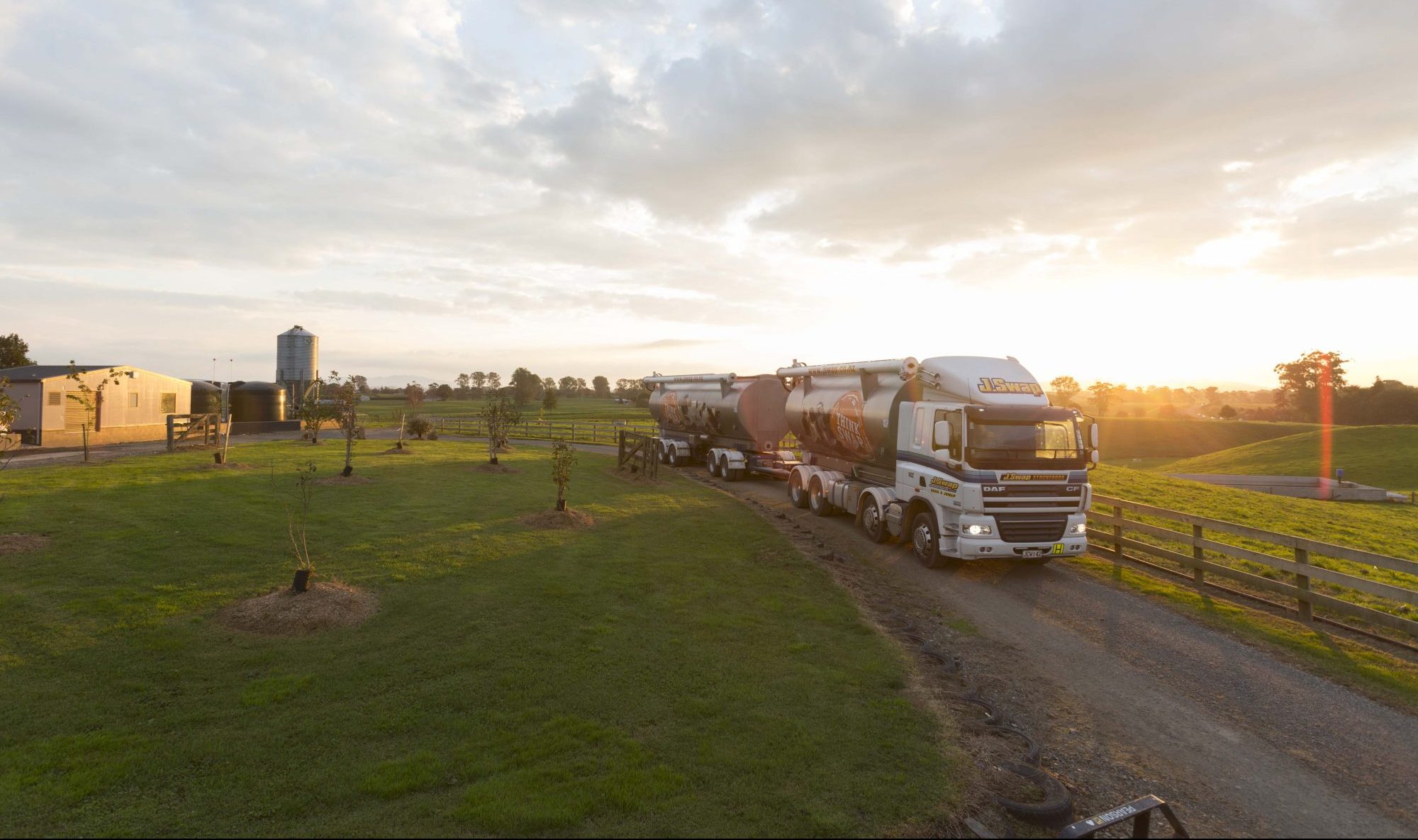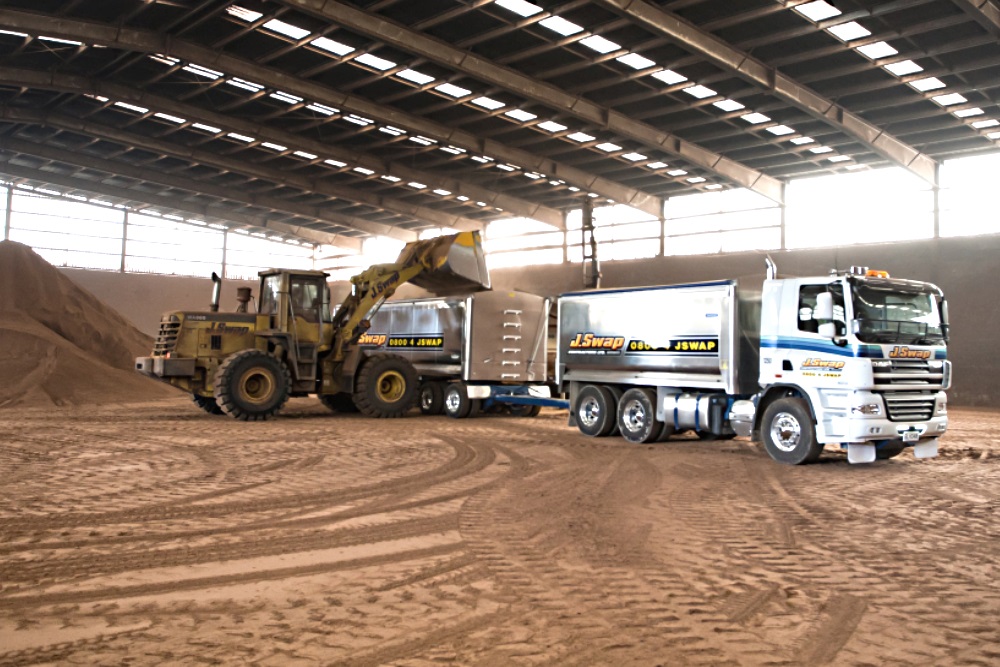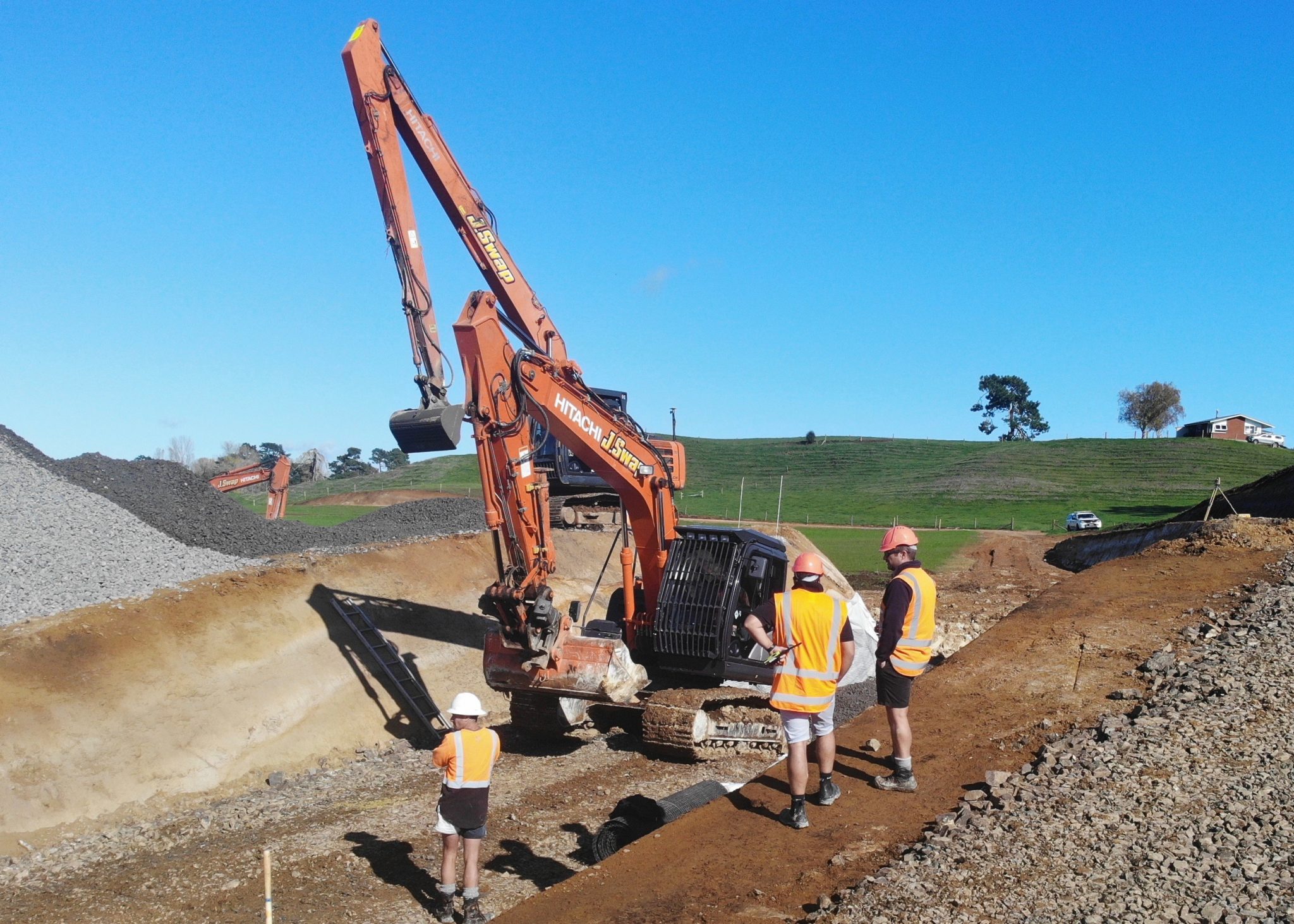When we say we have the experience to get the job done, we mean it.
At J Swap, we’re proud to say we have been in business for over 80 years. J Swap employs four generations of family, along with close to 500 staff.
It’s the dedication of family and our staff, along with a passion to serve the community, which has seen the business steadily grow and diversify over the years.
Company History
Founded in 1934 by Joseph Swap, the company began by supplying river gravel from the Waiomou Stream that bordered the family’s dairy farm at Te Poi.
Loaded by hand on to a single truck, gravel was used by other farmers and for concrete production by local builders on infrastructure construction work in the burgeoning nearby town of Matamata.
The purchase of a dragline digger in the late ’40s saw the company diversify into civil trenching and drainage works and the project to widen the Kaimai road.
A major setback in 1955 on a civil drainage project in Whakatane bought the company close to the brink, but the addition of David and Lewis, Joe’s sons, to the business and their stubborn approach to getting back on track saw it return to profitability and grow slowly.
The ’60s saw the expansion of townships like Putaruru, Tokoroa and Mangakino.
They needed new roads and subdivisions, and J Swap expanded to provide the service. A grader was added to the fleet to build the roads, while J Swap also did the drainage and the kerbing, a real one-stop shop.
A bulldozer or two and some other earthmoving gear was added in this period and the business ticked along. But, like all contracting businesses, J Swap was at the mercy of the work and the weather, struggling to make enough in the busy summers to last through the slower winters.
In 1969 the game changed when the opportunity to own and operate the company’s first hard rock quarry arose. Over the years a further 11 quarries have been acquired and with each quarry the company has added diggers, trucks and equipment to service its needs.
During the ’80s and ’90s as the quarries grew, in size and number, so did J Swap’s civil engineering work.
The company grew its base of work with local farmers, local and regional government and in addition had some key projects that added size and scale to the operation, such as the Matahina Dam rebuild, earthworks on Waihi’s Martha Hill gold mine, Tauranga’s PJK toll road and maintenance of all the off- highway infrastructure in the Kinleith forest.
To support all the work J Swap’s trucking business continued to expand and so was the family involvement, with generation three eager to make their mark and shape future growth. Not only was the company moving aggregates to its civil jobs, it was also delivering 24/7 to the Port of Tauranga’s new Sulphur Point expansion and continuing with its core trucking work delivering to concrete plants, seasonal work moving fertiliser and lime for local farmers, and grain maize from harvester to dryer.
During this period J Swap began a relationship with chicken grower and processor Inghams Enterprises which saw it build its first bulk stores at Mt Maunganui to support Inghams’ need for quality bulk storage. The two business were a good fit. J Swap had aggregate moving from the Waikato to the Bay of Plenty which exceeded its loads in the other direction, while Inghams had grain that needed to move to its Hamilton mill.
The next big thing came in 2002. It was too big and too hard for any transport company to do on their own, but that didn’t stop J Swap from saying “yes” when 1000s of tonnes a week of coal needed to get from Tauranga to Huntly Power Station. It was 24/7 and needed extra men and machines, and that is what J Swap found. They were tough but rewarding days, but could not last forever. Fortunately, the next big thing was just around the corner.
J Swap’s work with Inghams had built connections with commodity importers. The idea of palm kernel expeller to use as a stockfood for dairy cows was in its infancy. J Swap had some space at its Portside Drive bulkstore and agreed to store a consignment of 5000 tons which took close to six months to sell.
Aided by changes in New Zealand dairy farming practice and summer droughts in 2003 and 2008, the volume of palm kernel has steadily grown. As palm kernel and other stockfood line imports grew, so J Swap needed to as well.
The company now has purpose-built bulk storage facilities at the port cities of Tauranga, New Plymouth and Christchurch complemented by a large facility in Matamata, and operates from facilities in Auckland and Bluff.
J Swap process and load out of these stores 24/7 and often now sell more per week than the size of the first consignment it handled. The company has added specialist auger trucks to the fleet as stockfood feeding has progressed from in-paddock to feedpad and on to in-shed systems.
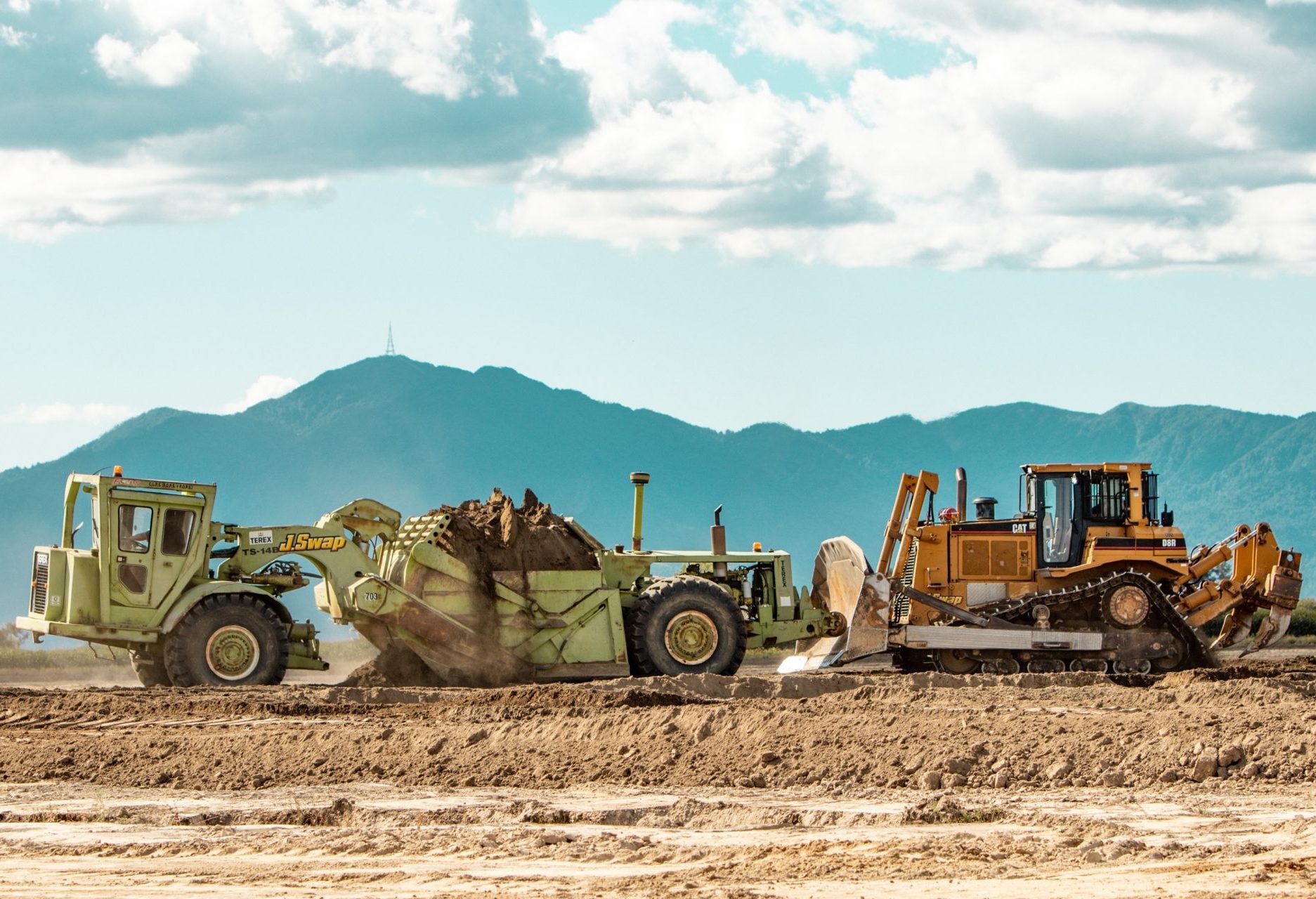
Over all these years with all the changes they have brought the one thing that has and will always stay consistent is J Swap’s unwavering determination to get things done.
The “it’s no sweat to Swaps” byline is as true today as ever.
